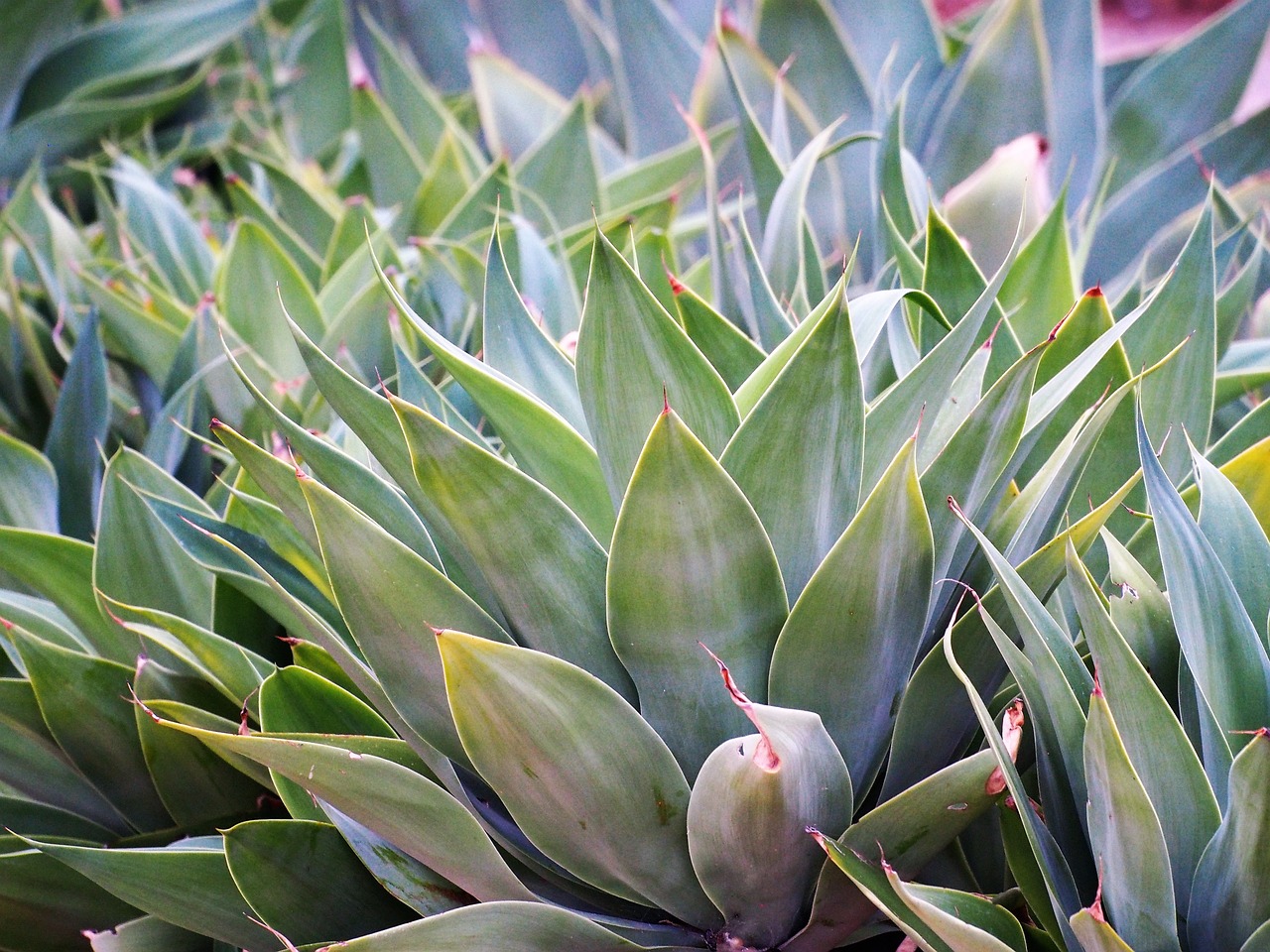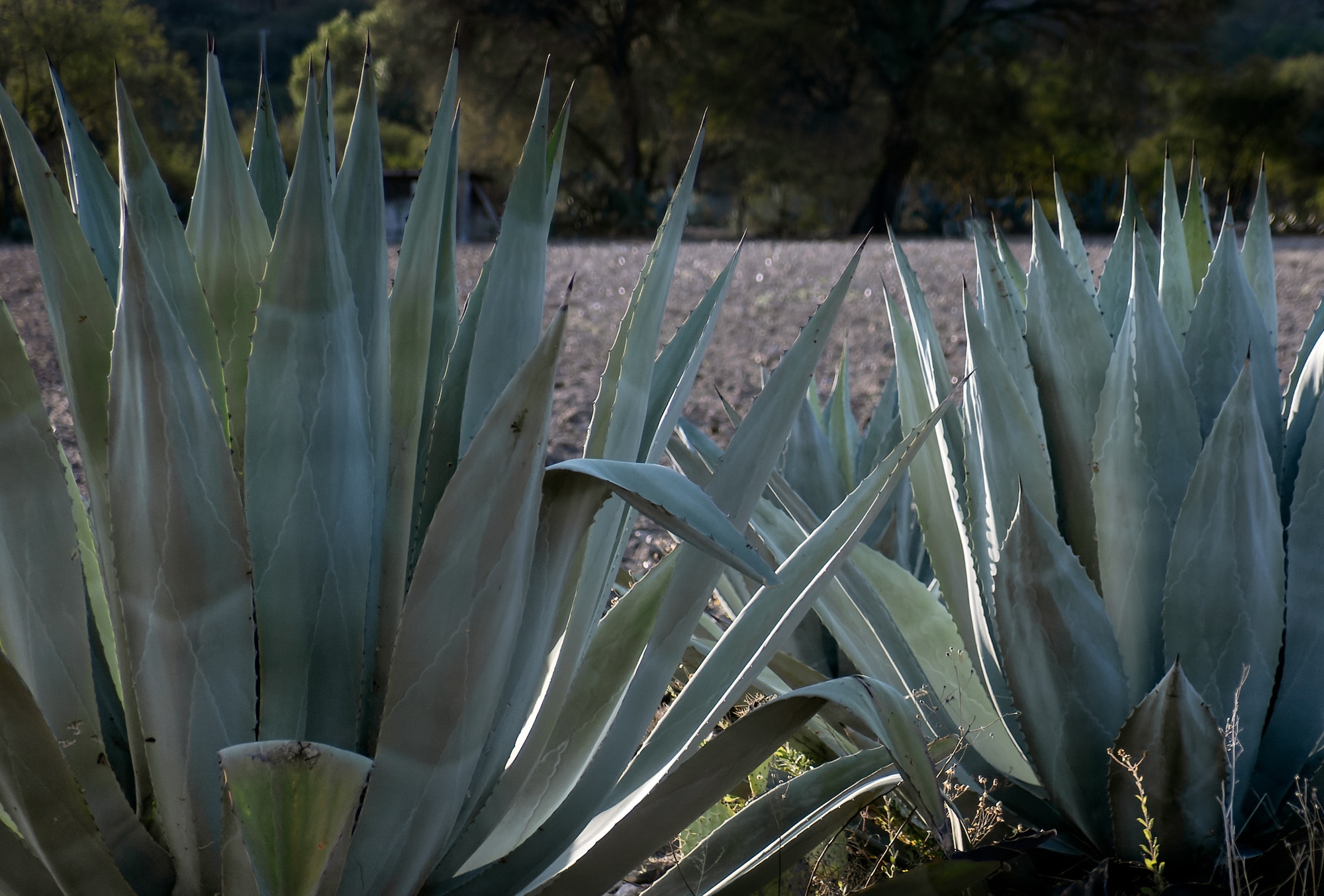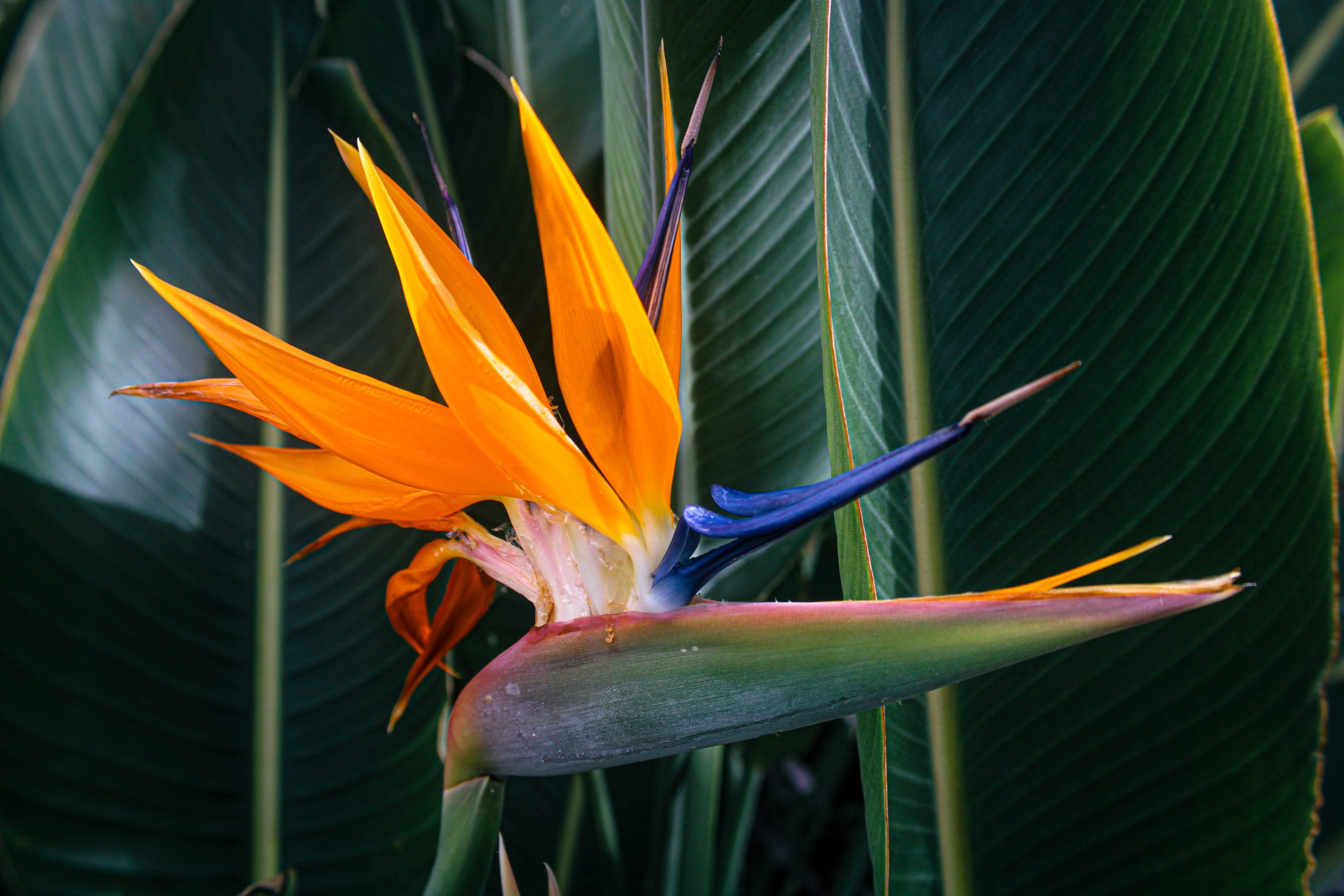Available Agave
Agave americana (Century Plant)
A large succulent native to Mexico and the southwestern United States, known for its imposing size and long lifespan. It produces a tall flowering stalk once in its lifetime, typically after several decades of growth.
Agave attenuata (Foxtail Agave)
A striking succulent species characterized by its symmetrical rosette of smooth, curved leaves that resemble a fox's tail. It is prized for its elegant appearance and is commonly used in landscaping and ornamental gardening.
Agave tequilana (Blue Agave)
A species of agave primarily cultivated in Mexico for the production of tequila. It is characterized by its blue-green leaves and high sugar content, which is essential for fermenting the agave juice into tequila.
Agave parryi (Parry's Agave)
A compact succulent native to the arid regions of the southwestern United States and northern Mexico. It forms tight rosettes of spiky, gray-green leaves and is well-adapted to hot, dry climates.
Agave victoriae-reginae (Queen Victoria Agave)
A small, slow-growing agave species prized for its striking symmetrical rosette of dark green leaves adorned with white markings. It is often used in rock gardens and desert landscaping for its ornamental value.
Agave desmettiana (Smooth Agave)
A species of agave known for its smooth, spineless leaves and rapid growth rate. It is commonly used as a landscaping plant in warmer climates and is valued for its low maintenance requirements.
Need Help?
Visit Us
South Mills, NC 27976
Call Us

Agave, prized for its striking rosette shape and sharp leaves, adds beauty and resilience to any landscape. Similar to yuccas, planting agaves requires attention to watering during establishment. For successful growth, well-drained soil is crucial to prevent root rot. Raised beds with sand and gravel amendments aid in drainage, especially in clay soils.
Agaves are adaptable and easily transplanted with proper care, requiring shade in sunnier locations and moisture-retaining measures during extreme heat. With their succulent nature, they store water efficiently and benefit from a thorough soak about twice a month. This approach sustains their vitality, ensuring enduring beauty in any landscape.
Planting Agaves & Care:
Yuccas and agave planting techniques are the same. In Mediterranean climates with mild winters the timing of planting is not that critical. *Care must be taken to provide adequate watering during establishment of plant.
In hot climates where the winters are mild a fall planting is best, but if planted in the spring, plants must be carefully watered and sheltered from the how summer rays to prevent sunburn and stress. In colder climates spring planting is best.
Well drained soil to prevent roots from rot is best for most yuccas. There are some they tolerate cold, wet, tighter soils. The yucca can be easily rotted by too much organic material and clay soils. If you are in an area of tight and clay soils a raised bed is best suited for planting yuccas. An amendment of sand, crushed bricks and gravel will aid in the drainage. Successful plantings in humid climates from North Carolina to Massachusetts indicate that the yuccas can tolerate life with proper care outside their native habitats.
Moving agaves from site to site is no problem. Dig a hole and put it into another hole. If the new location is sunnier than the last an artificial shade should be made to eliminate the sunburn of the agave for the first year. Place a stone or rocks at the base of your agave during extreme hot summers. This will provide just a bit of moisture to accumulate under the stones and eliminate stress on the plant. If planted under a tree make sure you periodically remove the fallen seeds, leaves or any debris from the agave. If it is not removed the debris will decompose on the leaf and cause lesions and infection in the plant and could result in death.
Watering agaves depends on type of plant, light it gets and temperature. Agaves are succulents and do not grow when cold. They require warmth to grow and they very rarely grow when it is over 106°F. Because they are succulents they are able to store water for future use. It is better to water agaves like other desert plants with a good soaking about twice a month.
Usage of the Agave:
- Landscaping
- Ornamental Gardens
- Erosion Control
- Medicinal Purposes
- Tequila Production
- Culinary Use

Agave Benefits

Care & Maintenance
What is agave?
Agave is a genus of succulent plants native to arid regions of the Americas. These plants are characterized by their rosette-shaped leaves and spiky appearance.
What are the common uses of agave?
Agave plants have various uses, including landscaping, ornamental gardening, and as a source of raw materials for the production of tequila, mezcal, and agave syrup.
Are all agave plants suitable for consumption?
No, not all agave species are suitable for consumption. While some varieties, such as Agave tequilana, are used in the production of alcoholic beverages, others may contain toxic compounds and should not be consumed.
How do I care for agave plants?
Agave plants require well-draining soil, ample sunlight, and minimal watering. Avoid overwatering and protect the plants from frost during colder months.

